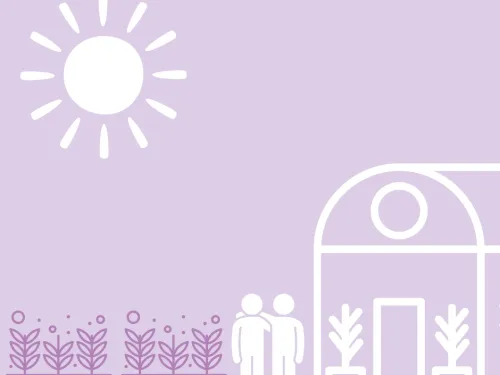
Sustainable food growing
On this page you'll find useful tips on how to grow food in ways that help your community and the biodiversity around it
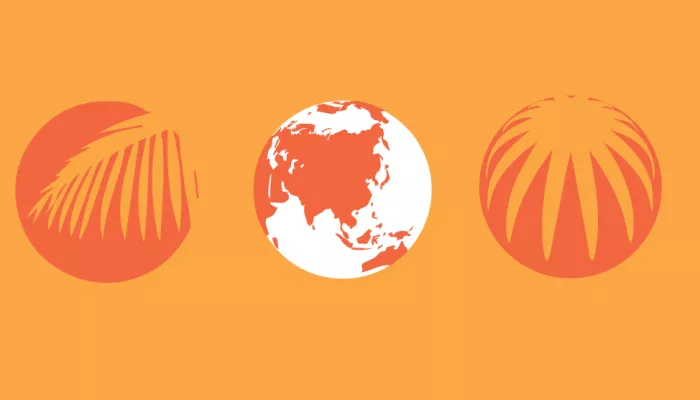
Palm Oil is a cheap, efficient form of vegetable oil, but a lot of species-rich tropical habitat is being destroyed to make way for it.
Palm oil is a type of edible vegetable oil that comes from the fruit grown on the African oil palm tree (Elaeis guineensis). Oil palm plantations are grown in tropical climates in Africa, Asia, North America, and South America. It is popular because it is the most efficient plant-based oil to produce; it yields between 6-10 times more oil per hectare than alternative oil crops like sunflower, olive, soybean or rapeseed.
By exercising your right to choose what you buy, you can help shift the demand and focus on to sustainably farmed palm oil
Palm oil accounted for around 8% of global deforestation between 1990 and 2008! 85% of all palm oil globally produced and exported is from Indonesia and Malaysia, where the main driver of deforestation is to grow oil palm plantations. A third of all mammal species in Indonesia are critically endangered as a consequence of unsustainably farmed palm oil.
This rapid development displaces not only wildlife, but people too, with many communities forcibly moved, or made to work as labourers. Irresponsibly managed plantations are often illegally burned when they are no longer productive. This releases the greenhouse gas, carbon dioxide, into the atmosphere, which contributes to climate change. It also creates a harmful, far-reaching smog that is detrimental to both animal (including human) health.
Palm oil is found in up to half of packaged products in UK supermarkets, including 71% of food products and 24% of other consumer goods. So the power is in your hands! By exercising your right to choose what you buy, you can help shift the demand and focus on to sustainably farmed palm oil! Here are some tips for eco-friendly shopping:
EU palm oil labelling laws do not extend to non-food items.
Unfortunately, palm oil can be disguised behind thousands of misleading names, and is often found in items including laundry detergents, washing up liquid, cosmetics, soaps and shampoos.
Doing your research on or contacting companies requires a little more dedication, but will give you the answers you're looking for!
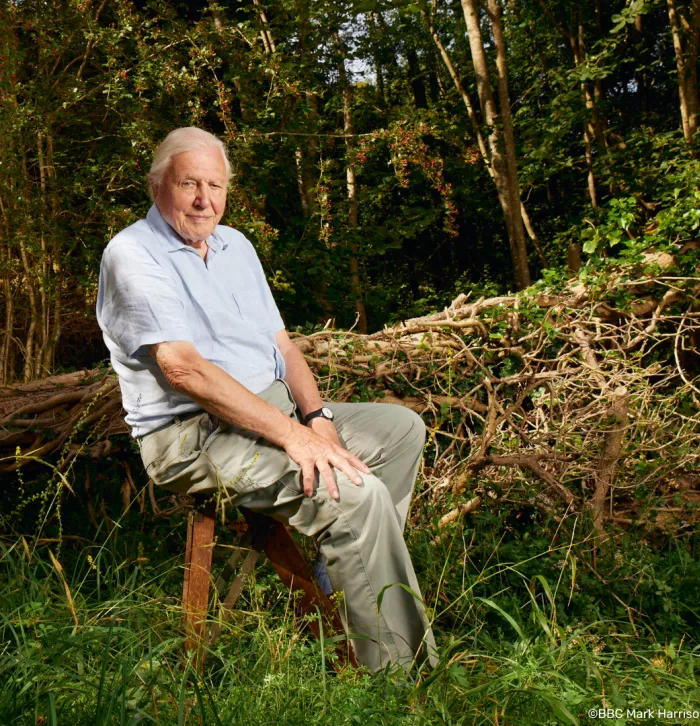

On this page you'll find useful tips on how to grow food in ways that help your community and the biodiversity around it
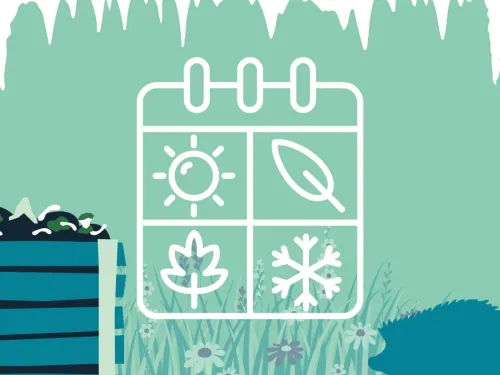
In this page you'll find an array of information to how to best help wildlife over the changing seasons each year

On this page you'll find exciting information on getting involved with citizen science project in your own home and community

On this page you'll find useful information on how to take environmental action from home and in your community
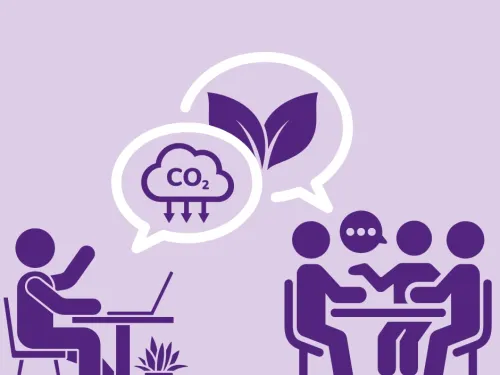
On this page you'll find useful information on how to reach out to others about nature & the environment
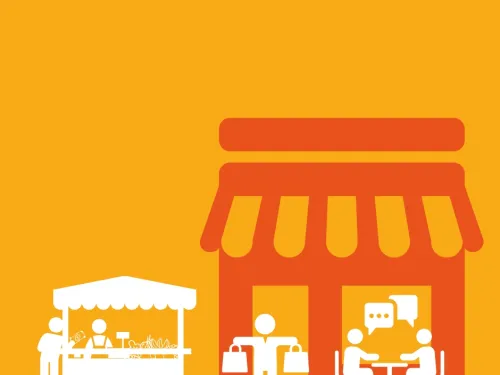
On this page you'll find excellent tips on how to shop sustainably and be mindful of what you're eating